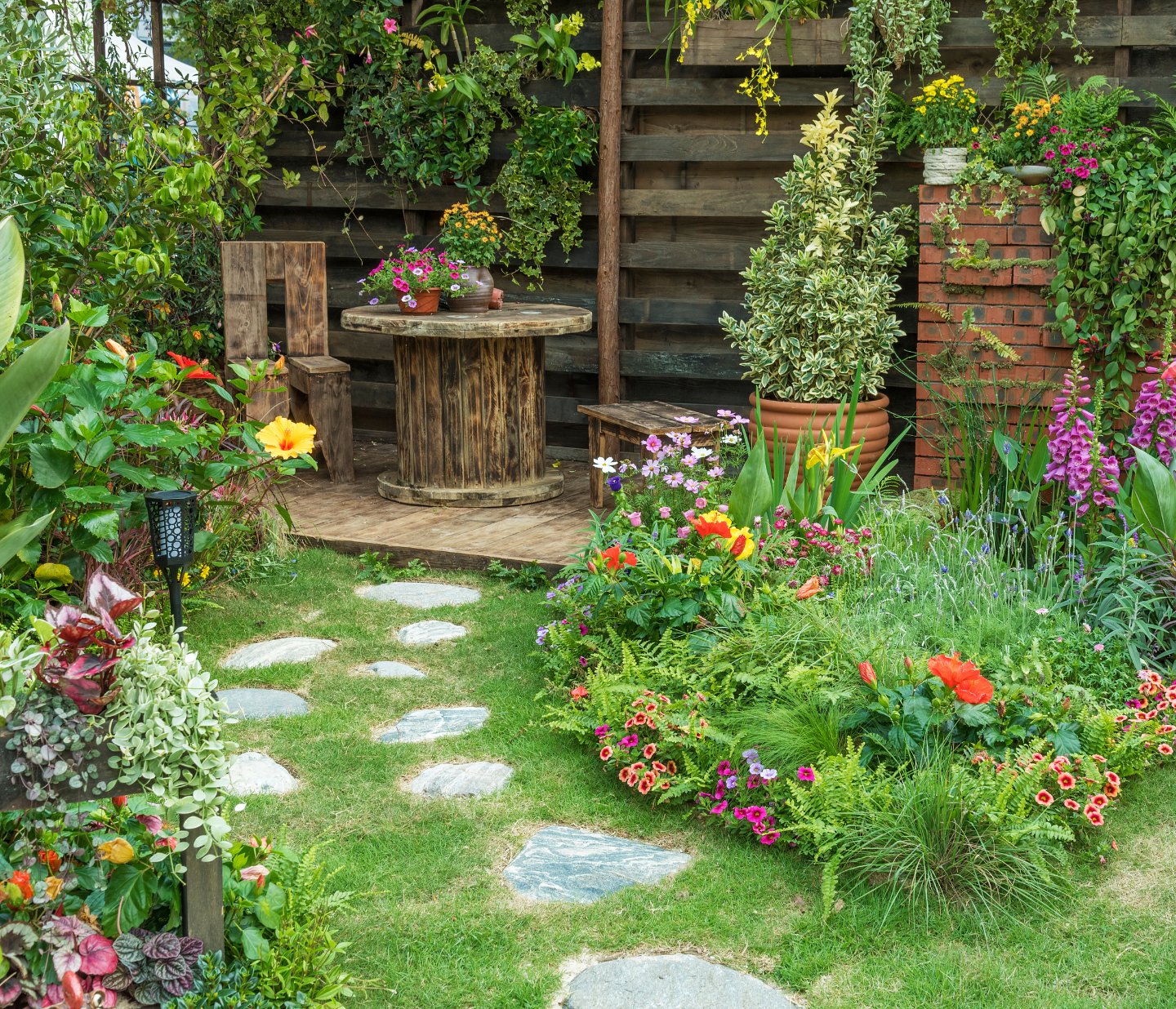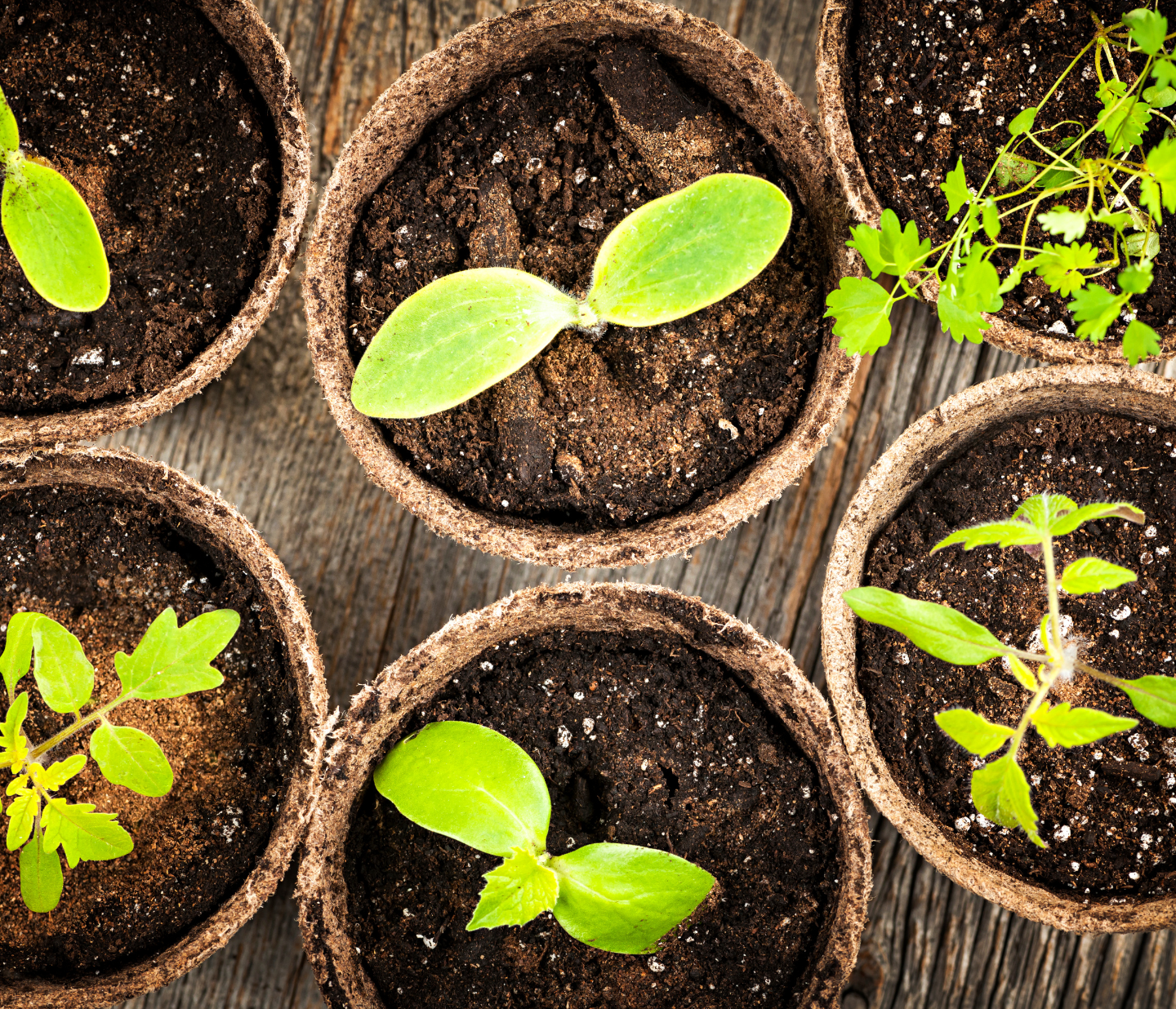
The most ethical garden suppliers
Which garden retailers and suppliers are the most ethical and sustainable? For the answer, see our Ethical Garden Suppliers Ratings Table to compare brands’ ethical scores.
Why is it important to buy from ethical garden suppliers?
Taking care of the garden is a hobby for some and a chore for others. Whatever your feelings on it, gardening is a necessity for all garden owners! Data from STIHL’s 2021 census indicates that UK gardeners spend an average of £670 per year on their garden.
With all this money going into the gardening industry, it is crucial that we consider the ethics of both the products we are purchasing and the garden supplier companies we are purchasing them from. This article will explore the ethical issues in the gardening industry and examine the ethics behind the UK’s biggest garden suppliers. We also offer some advice and recommendations for how to be a more ethical gardener.
Why is peat bad?
One of the major concerns within the gardening industry is the extraction and use of peat, which is now known for its detrimental environmental impact. Traditionally, peat has been used in gardening to manage soil pH, increase water retention and foster disease resistance. However, as a society, we have been moving away from using peat in gardening, as we have become increasingly aware of its harmful environmental impact. But why is this? What makes peat so bad for our planet?
Peat is now well-known for its role in exacerbating climate change. According to Science.org, peat is an even more polluting substance than coal! When extracted, peat releases an enormous amount of carbon into the atmosphere. A 2022 study by The Wildlife Trusts reveals that as much as 31 million tonnes of carbon dioxide may have been released into the atmosphere since 1990. The study claims that this is a direct result of using peat in gardening and farming.
Additionally, peatlands, where peat is extracted from, are home to wildlife, such as rare species of plants and animals. By taking peat from these areas, we are destroying important habitats and contributing to biodiversity loss.
Fortunately, the UK government has now introduced new measures to combat the peat issue. In August 2022, the government announced that a complete ban on peat will be introduced by 2030, with additional legislation in place to ensure it is phased out before then. Some garden suppliers have already started this process – more on this later.
The environmental impact of pesticides
As pesticides and weedkillers are gardening staples, it is important that you are aware of their environmental impact. Unfortunately, these products contain numerous toxic chemicals that contribute to soil pollution and may harm bees and other pollinators. Garden Organic, an organisation dedicated to promoting organic farming, offers lots of useful advice on how to garden without pesticides, as well as other tips and tricks on ethical gardening.

Our research findings: garden suppliers to avoid
The Good Shopping Guide’s latest research into Britain’s leading garden suppliers has revealed the most and least ethical companies to purchase garden products from. You can view the full ratings on our Garden Suppliers Ethical Comparison Table, though we will summarise our main findings for you here.
Our research is based on assessment of each garden suppliers’ performance in three main categories: The Environment, Animals and People. Large retailers, The Range and Homebase receive the lowest scores and therefore appear at the bottom of the table.
Both these garden suppliers received a bottom rating in the Environmental Report category. This indicates that neither company has a comprehensive sustainability plan, with clear targets and goals for improving their environmental record.
Homebase, the lowest scoring company, was found to be involved in a range of unethical activities. This is primarily because Homebase is currently owned by multinational management company, Hilco Global. Hilco Global has been linked to several controversial business practices, such as making political donations and involvement in the Aerospace & Defence industry.
As The Range and Homebase are both large household names, we are disappointed in their poor performance. We therefore recommend avoiding these garden suppliers and opting for more ethical businesses at the top of our ratings.
The most ethical garden suppliers
On the bright side, our research also shed light on the most ethical garden suppliers to purchase from. The top-scoring brands in the Garden Suppliers Ethical Comparison Table were Kabloom, Crocus and Patch Plants.
Kabloom and Crocus both received a good rating in the Peat Free category. As Kabloom claims to be fully peat free, it receives a top rating. Crocus receives a middle rating, as despite not being 100% peat free, the company has set a goal to be completely peat free by 2026. As both brands have taken the initiative to go peat free several years before the mandatory government deadline, we believe they deserve some recognition for this.
There are also many more ethical brands on the full table, so take a look to explore your options. If you want to purchase your garden supplies from an ethical business, these are the brands to choose from!
We hope that after reading this article, you have some insight into what you can do to be more ethical in your purchasing decisions when it comes to your garden. By opting for peat free, ethical brands, you’ll be treating your garden, and the planet, with the care it deserves.
See our Garden Suppliers Ethical Comparison Table to compare brands
The Good Shopping Guide has researched some of the most popular garden suppliers, making it easy for you to become a more ethical gardener, without doing any of the work yourself! Click on any brand to find out more information about its ethics.
Kabloom, Crocus, Patch Plants, Sarah Raven, Gardening Express, Ashwood Nurseries, Hortology, Wickes, B&Q, Dobies, Gardening Direct, Hayloft, J. Parker’s, Jacksons Nurseries, Primrose, Suttons, Thompson & Morgan, UK Garden Supplies, Van Meuwen, YouGarden, The Range, Homebase